These reflections are a result of more than 40 years of ministry as a Roman Catholic priest. Most of these years I spent in the Diocese of Charlotte which covers Western North Carolina. Now I am retired, and live in Medellín, Colombia where I continue to serve as a priest in the Archdiocese of Medellín.
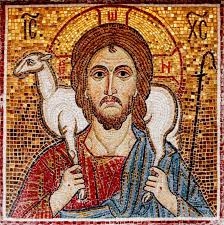
The shepherd calls his own sheep by name and leads them out. When he has driven out all his own, he walks ahead of them, and the sheep follow him, because they recognize his voice. (Jn 10:1-10)
https://bible.usccb.org/bible/readings/043023.cfm
Today is the World Day of Prayer for Vocations. The focus is not just for vocations to ordained ministry and religious life, but rather for ALL vocations—for the Lord calls each one of us by name. And the Lord uses each one of us to shepherd the flock so that all “might have life and have it more abundantly."
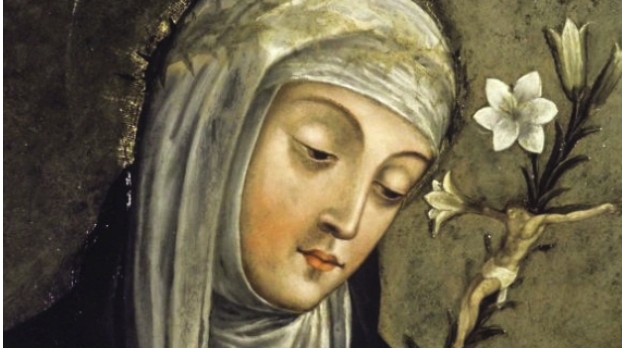
As a result of this, many of his disciples returned to their former way of life and no longer walked with him. Jesus then said to the Twelve, “Do you also want to leave?” Simon Peter answered him, “Master, to whom shall we go? You have the words of eternal life. We have come to believe and are convinced that you are the Holy One of God.” (Jn 6:60-69)
https://bible.usccb.org/bible/readings/042923.cfm
Following the Lord at times can be a challenge. Saint Catherine (1347-1380) lived in a very troubled time for the church and faced incredible challenges, but she never gave up. She had faith in her mystical Bridegroom. Like Saint Peter before her, Saint Catherine could answer the Lord, “Master, to whom shall we go? You have the words of eternal life.”
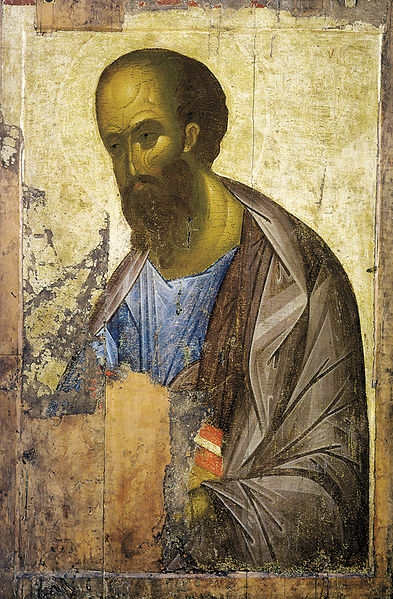
So Ananias went and entered the house; laying his hands on him, he said, "Saul, my brother, the Lord has sent me, Jesus who appeared to you on the way by which you came, that you may regain your sight and be filled with the Holy Spirit." Immediately things like scales fell from his eyes and he regained his sight. He got up and was baptized, and when he had eaten, he recovered his strength. He stayed some days with the disciples in Damascus, and he began at once to proclaim Jesus in the synagogues, that he is the Son of God. (Acts 9:1-20)
https://bible.usccb.org/bible/readings/042823.cfm
The Conversion of Saul (who becomes Paul) is one of the most dramatic events in the Acts of the Apostles and in the life of the early church. It was Ananias, representing the community, who confirmed Paul’s experience of the Risen Lord, helped him to understand it, and then showed him the way to baptism.
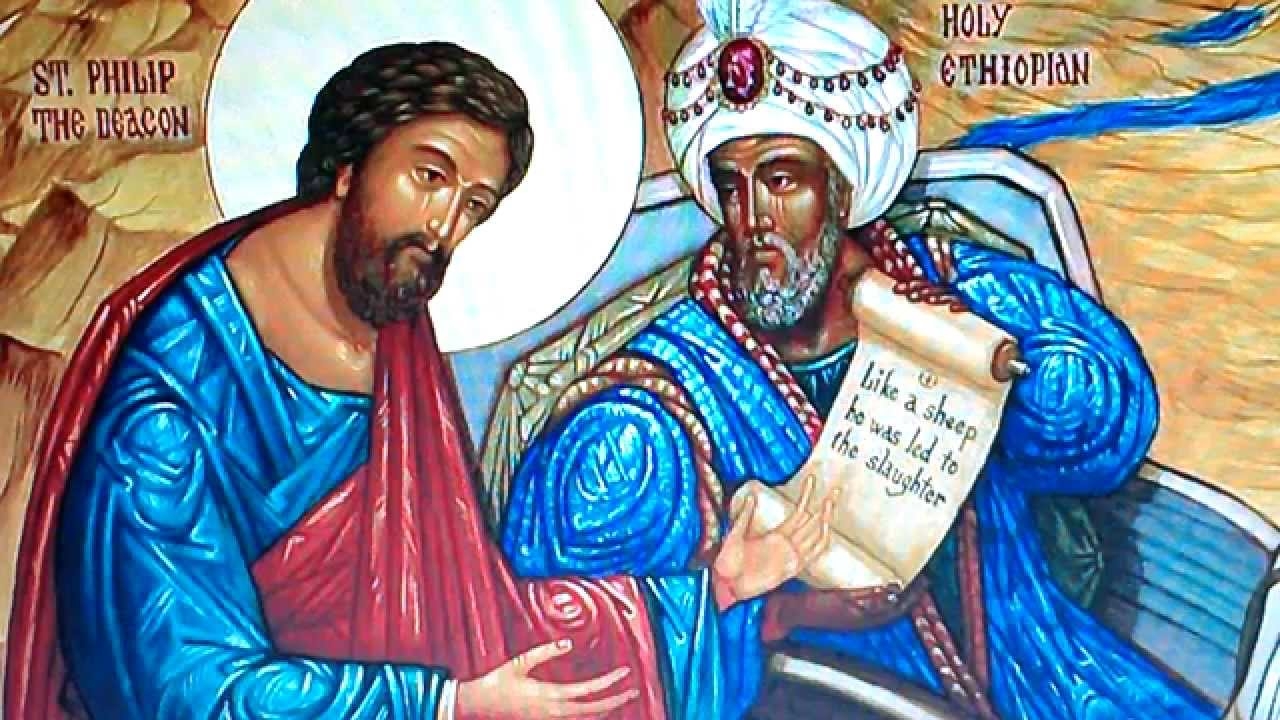
As they traveled along the road they came to some water, and the eunuch said, "Look, there is water. What is to prevent my being baptized?" Then he ordered the chariot to stop, and Philip and the eunuch both went down into the water, and he baptized him. (Acts 8:26-40)
https://bible.usccb.org/bible/readings/042723.cfm
The story of Philip and the Ethiopian Eunuch is probably one of the most important in the life of the early church. When the eunuch asks, “What is to prevent my being baptized?”, the answer of course is the Law of God, in which men like him were considered an abomination. Yet, it is the Spirit at work in Philip and in the eunuch, and so Philip baptizes him and the eunuch “continued on his way rejoicing.”
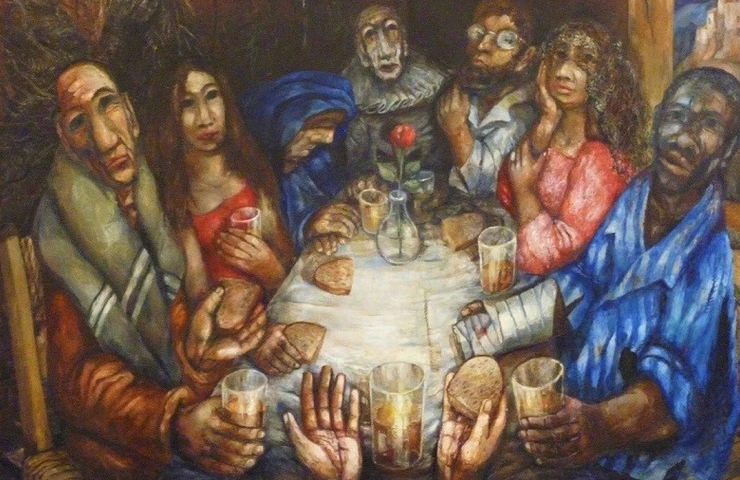
Jesus said to the crowds, "I am the bread of life; whoever comes to me will never hunger, and whoever believes in me will never thirst.” (Jn 6:35-40)
https://bible.usccb.org/bible/readings/042623.cfm
It’s important to note that these words are addressed “to the crowds.” Although the church may rightly be concerned about who approaches the sacrament, the Lord doesn’t have that problem. The Lord invites everyone, not just a chosen few. The Lord invites those no one else would invite.



